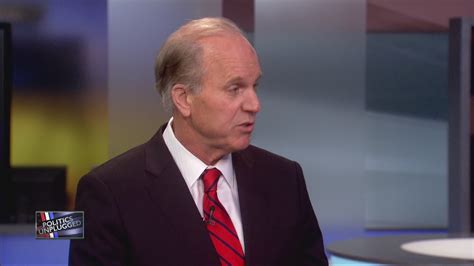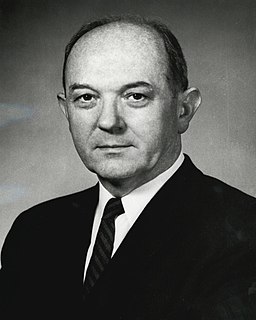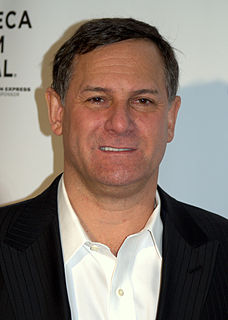A Quote by Debra Fischer
Computers can't find the unexpected, but people can when they eyeball the data.
Quote Topics
Related Quotes
Eventually, we need to have computers that work differently from the way they do today and have for the past 60-plus years. We're capturing and generating increasingly massive amounts of data, but we can't make computers that keep up with it. One of the most promising solutions is to make computers that work more the way brains work.
Men and machines are good at different things. People form plans and make decisions in complicated situations. We are less good at making sense of enormous amounts of data. Computers are exactly the opposite: they excel at efficient data processing but struggle to make basic judgments that would be simple for any human.
We will learn that computers, amazing as they are, still cannot come close to being as effective as human beings. A computer isn't creative on its own because it is programmed to behave in a predictable way. Creativity comes from looking for the unexpected and stepping outside your own experience. Computers simply cannot do that.



































